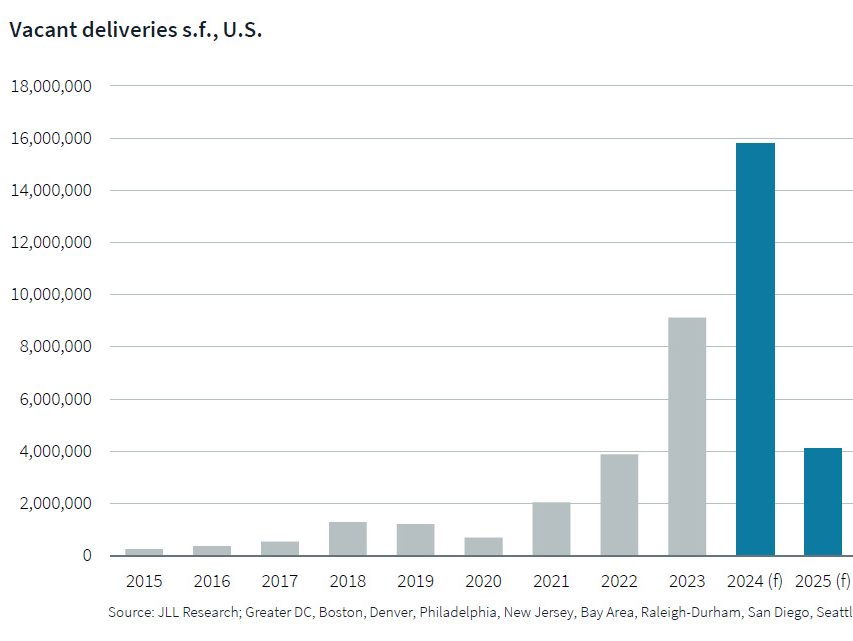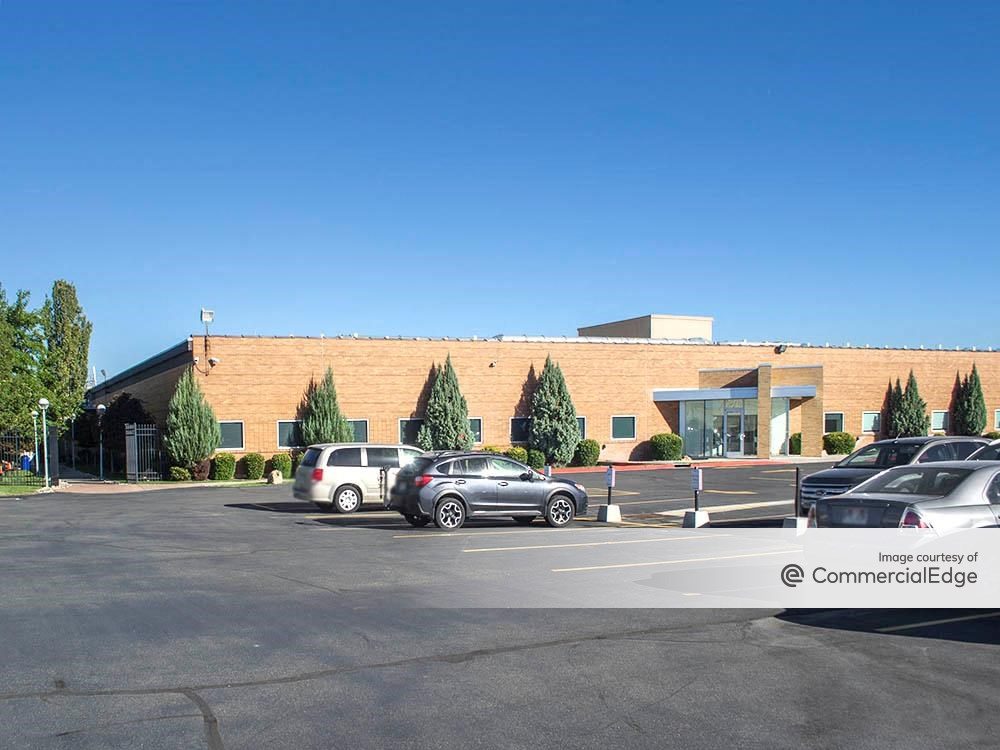Single-Tenant Dollar Store Sector Trades at Discount to Market
By Randy Blankstein, President, The Boulder Group. Cap rates in the single-tenant, net-leased dollar store sector compressed from the third quarter of 2012 to the third quarter of 2013.
By Randy Blankstein, President, The Boulder Group
Cap rates in the single-tenant, net leased dollar store sector compressed from the third quarter of 2012 to the third quarter of 2013. The dollar store sector, for the purpose of this report, is defined as Dollar General, Dollar Tree and Family Dollar as these tenants represent the largest presence within the sector.
From the third quarter of 2012 to the third quarter of 2013, properties tenanted by Dollar General, Dollar Tree and Family Dollar experienced cap rate compression of 99, 35 and 28 basis points, respectively. Despite the significant compression experienced by dollar stores, the sector was still valued at a 73 basis point discount to the net lease retail market as a whole. This is primarily due to the fact that dollar stores are typically located in secondary and tertiary markets. Dollar General properties experienced the greatest cap rate compression as Dollar General typically signs leases of 15 years with zero landlord responsibilities. Typically, Family Dollar signs 10 year double net leases while Dollar Tree signs 7 or 10 year double net leases.
Dollar stores remain a popular option for investors as they typically offer long-term leases to strong credit tenants at an attractive price point. Dollar General, Dollar Tree and Family Dollar properties have a median asking price of $1,095,000 equating to a median price per foot of $103. Strong investor demand is evidenced by the narrowing of the asking vs. closed cap rate spread. In the third quarter of 2013, this spread compressed to 19 and 18 basis points for Dollar General and Family Dollar, respectively. Although there is strong demand for the entire sector, new construction dollar store properties are in the highest demand. Dollar store properties built since 2012 are priced at a 100 basis point premium over the dollar store market as a whole.
The supply for new construction dollar stores will remain robust as more than 1,400 stores were projected to be built by the end of 2013. The single tenant net-lease dollar store sector will continue to remain active as private investors seek properties with long-term leases, investment grade tenants and attractive price points. However, as the economy slowly improves, there is some investor concern about the oversaturation of dollar stores given their rapid expansion in recent years.








You must be logged in to post a comment.